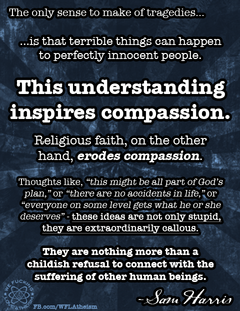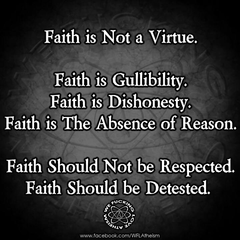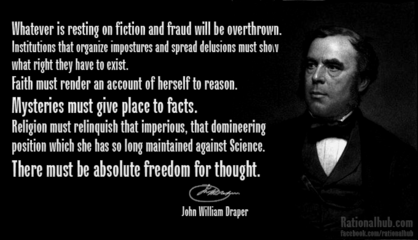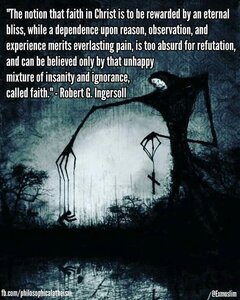religious trends: europe
In what the
Orthodox Christian Network calls an "alarming trend," The Wall Street Journal featured a page one article this weekend–
Europe’s Empty Churches Go on Sale as the number of attendees has diminished over many years.
“The closing of Europe’s churches reflects the rapid weakening of the (Christian) faith in Europe, a phenomenon that is painful to both worshipers and others who see religion as a unifying factor in a disparate society.” By example, the Netherlands is projected to close 2/3 of its Roman Catholic churches in the next decade.
Pew Research Center data, presented by the Wall Street Journal, highlights the degree to which the European population reports no religious affiliation: France (28%), Germany (24.7%), Italy (12.4%), Netherlands (42.1%), and the United Kingdom (21.3%). By contrast, 16.4% of the United States population is unaffiliated with any religion.
The Netherlands at 42%! The former Roman Catholic church of St. Joseph in Arnhem, Netherlands, has been converted into, of all things,
a skate board park. Skaters are inspired to execute backside flips under the watchful eye of a mosaic image of God's only Son. "Whoa, Dude!--who needs religion when you can see Jesus after a couple of tokes and a boardslide?"
The Skate Hall may not last long. The once-stately church is streaked with water damage and badly needs repair; the city sends the skaters tax bills; and the Roman Catholic Church, which still owns the building, is trying to sell it at a price they can’t afford.
“We’re in no-man’s-land,” says Collin Versteegh, the youthful 46-year-old who runs the operation, rolling cigarettes between denouncing local politicians. “We have no room to maneuver anywhere.”
There was no mention of what kind of cigarettes Versteegh was rolling.
The closing of Europe’s churches is a result of flagging faith and empty pews, but it is mostly Christians who are losing their faith. Several other religions have not experienced the same decline. Orthodox Judaism has remained relatively steady and primarily because of immigration, Islam has actually grown.
The number of Muslims in Europe grew from about 4.1% of the total European population in 1990 to about 6% in 2010, and it is projected to reach 8%, or 58 million people, by 2030, according to Washington’s Pew Research Center.
European countries in general have seen substantial declines, but it is the Netherlands leading the way. The Catholic Church predicts that two-thirds of its churches will be retired from holy service within a decade and 700 Protestant churches are expected to be decommissioned within four years.
While the U.S. has avoided a similar wave of church closings for now, recent trends lead religious researchers to say the country could face the same problem in coming years.
Every piece of social data suggests that those who favor faith and superstition over fact-based evidence will become the minority in this country by or before the end of this century. In fact, the number of Americans who do not believe in a deity doubled in the last decade of the previous century according to both the census of 2004 and the American Religious Identification Survey (ARIS) of 2008, with religious non-belief in the U.S. rising from 8.2 percent in 1990 to 14.2 percent in 2001. In 2013, that number is now above 16 percent.
http://www.salon.com/...
Americans who answer "none" when asked for their religious affiliation are the fastest growing "religious" group in the United States. About two-thirds of them say they are former believers. Americans raised in Christian households are turning away from the religion of their parents. CJ Werleman credits "the advancement of human understanding: greater access to information; the scandals of the Catholic Church; and the over-zealousness of the Christian Right," for this trend.
Every denomination in the U.S. is losing both affiliation and church attendance. In some ways the country is a half-generation behind the declining rate of Christianity in other western countries like the U.K., Australia, Germany, Sweden, Norway, France, and the Netherlands. In those countries, what were once churches are now art galleries, cafes and pubs. In Germany more than 50 percent say they do not believe in any god, and this number is declining rapidly. In the U.K., church attendances have halved since the 1970s.
The religious institutions in the U.S. and their political wing, the Republican Party, are acutely aware of and sensitive to this data. Within a few days of the WSJ article American religious organizations published numerous responses on the internet. Some comments from an alternative Mormon blog site are interesting:
There are currently 81 temples in the U.S. From what I see mostly older people go to the temple regularly. The other day I was talking to a sister who told me that they were given a specific "assignment" to attend the temple twice a month. I'm sure one of the reasons the church hashes and re-hashes temple attendance every month is because of this trend (other reasons include keeping the tithing money flowing).
The younger U.S. population is becoming more secular. You can see this with U.S. missions being consolidated and missionaries struggling to find people to teach. The leadership of the church is still using a 1950's playbook view of the church.






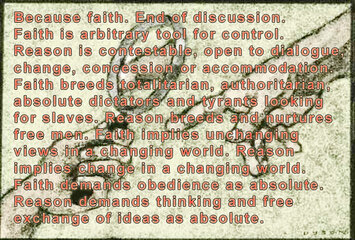

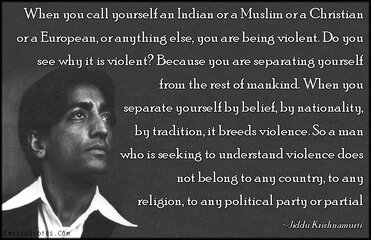
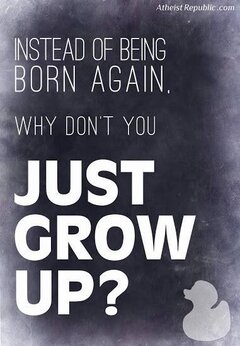
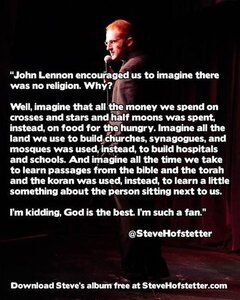
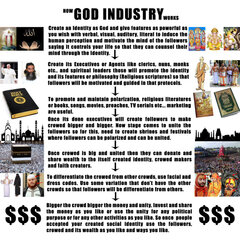


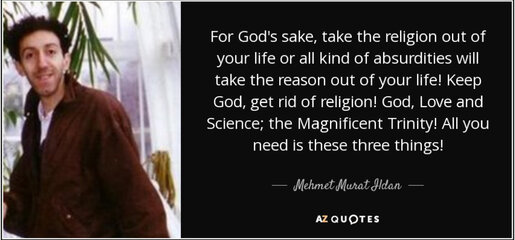
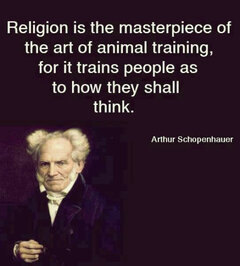
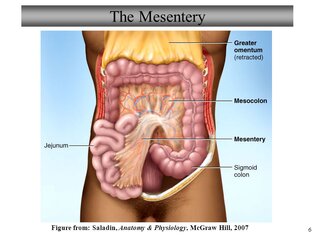
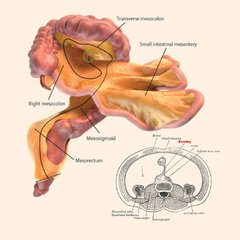
 , i'm a baptist
, i'm a baptist , but since i need to complete the 20 post task
, but since i need to complete the 20 post task , i need to disturb your thread for a moment
, i need to disturb your thread for a moment , "Faith is the evidence of things unseen" yan lang po ang masasabi ko..hehe.. it has a deeper explanation pero kayo nalang po ang mag research..haha
, "Faith is the evidence of things unseen" yan lang po ang masasabi ko..hehe.. it has a deeper explanation pero kayo nalang po ang mag research..haha




